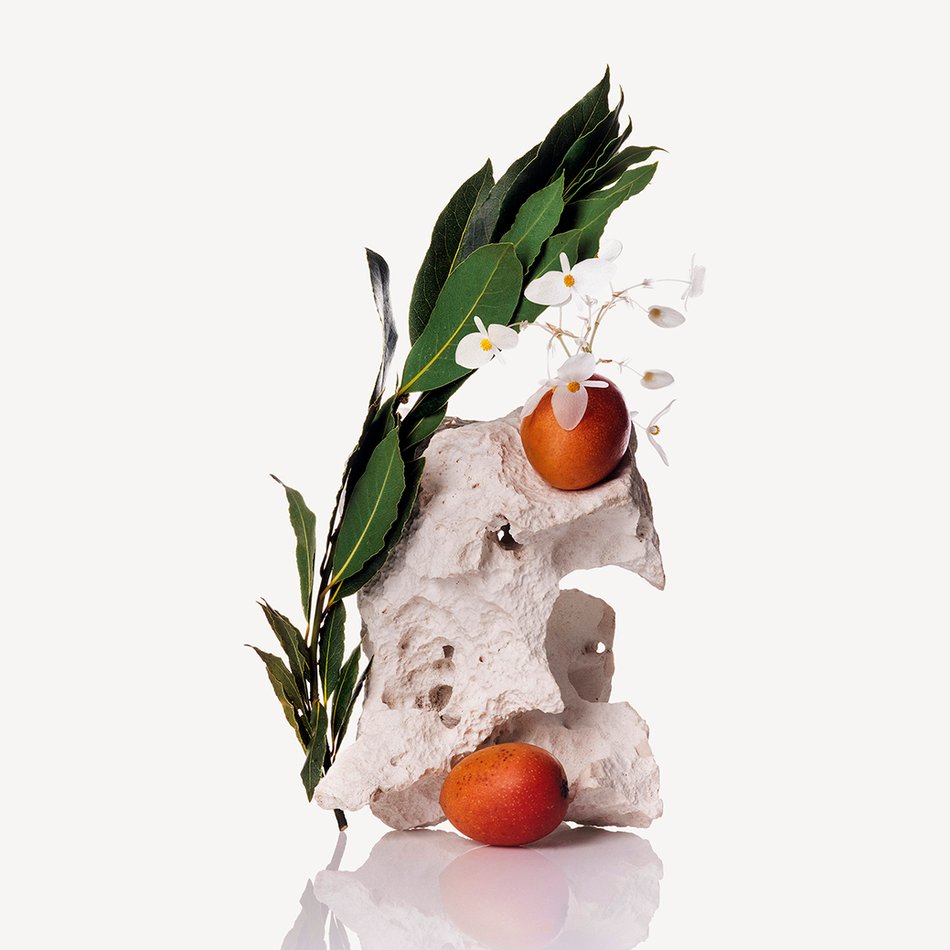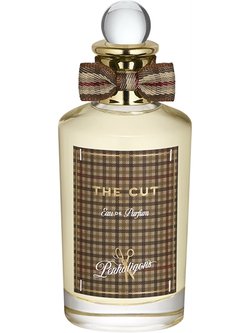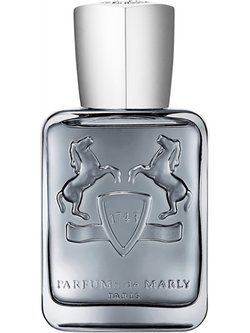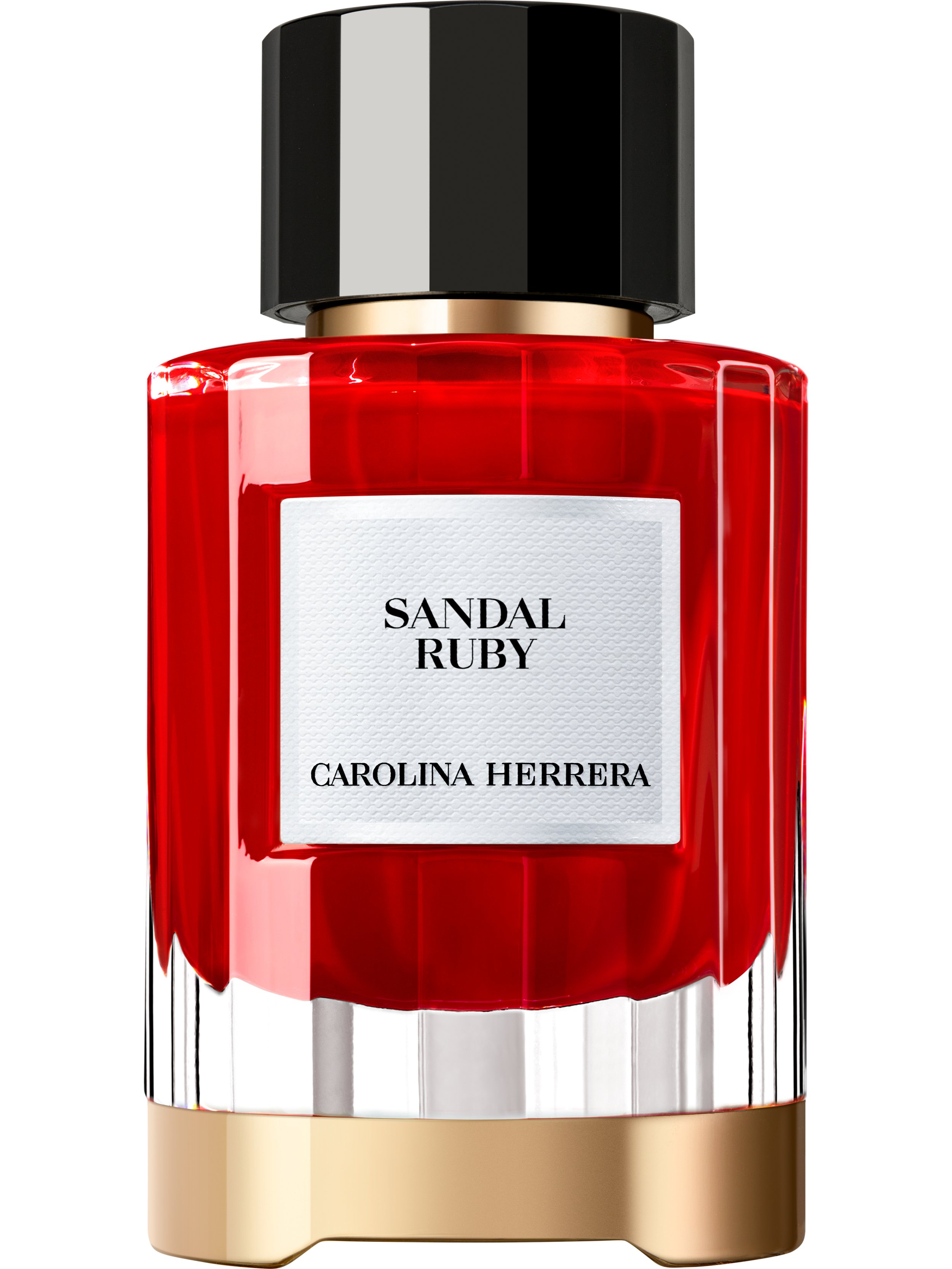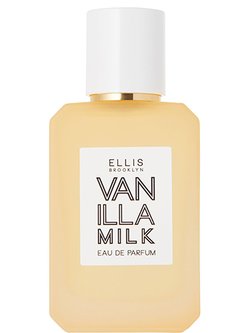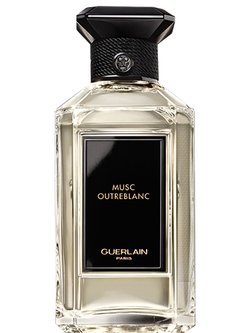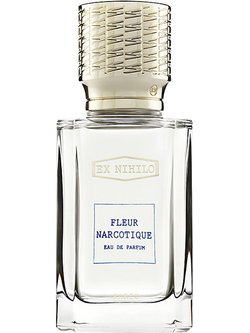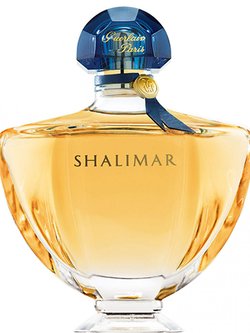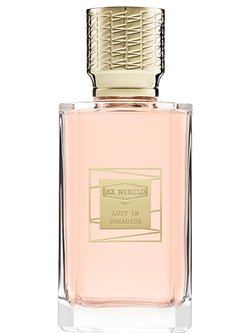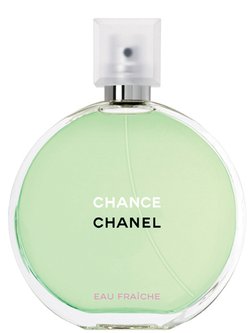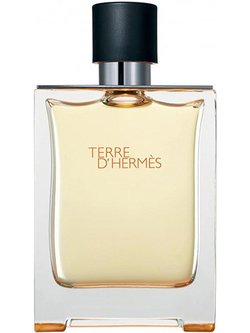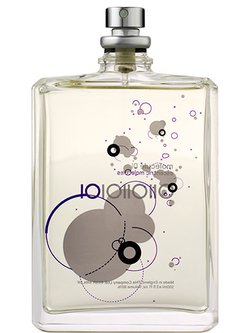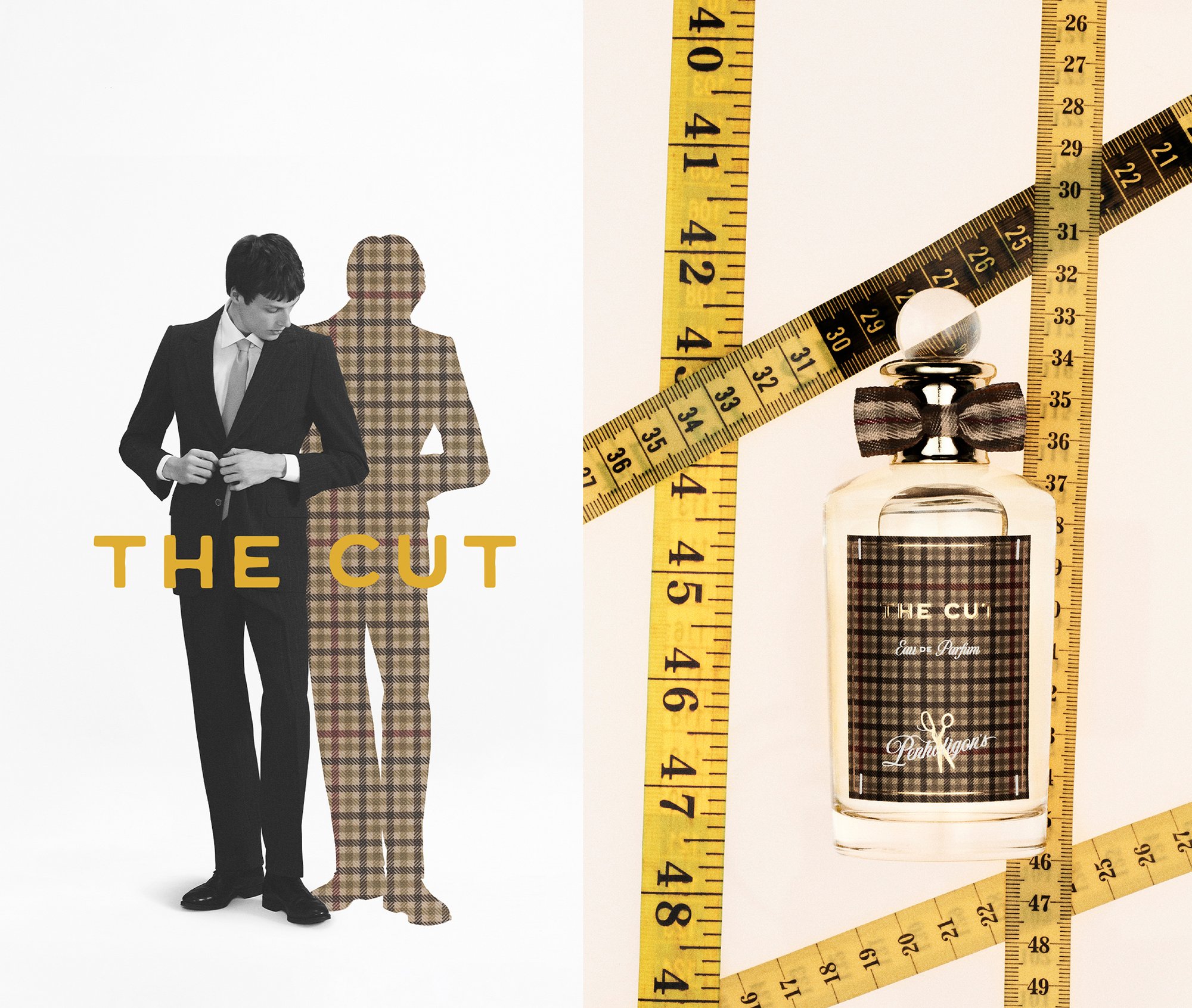
Fragrances: new objects of desire
From the Egyptian pharaohs to the European aristocracy, perfume has long been a symbol of power and social status. Today, it's enjoying a new renaissance as an expression of identity.
Self-care and self-expression have turned perfuming into an everyday ritual as essential as dressing well. Choosing a fragrance communicates culture and sophistication. It's no longer just about seduction, but about shaping an identity through the silent language of scent.
Trends such as "old money" perfumes, featuring vetiver, leather, and noble woods, reflect a desire to project timeless elegance and exclusivity.

